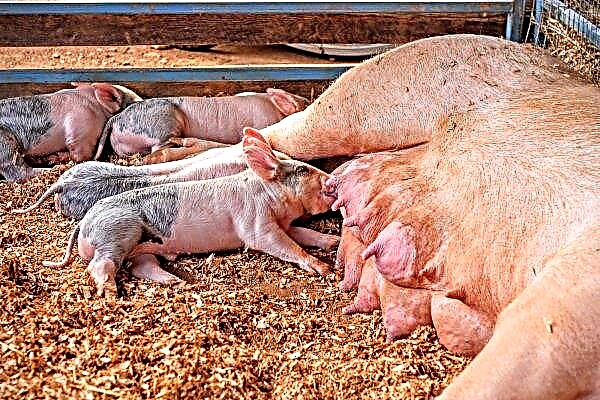Starting July 1, only the slaughter of pigs will take place at the Westfleisch slaughterhouse in Hamm.
Since June 30, 2020, the Westfleisch cooperative slaughterhouse has moved slaughter and butchering of cattle and calves from the Hamm meat center to the Lübeck-Bakum tandem. Starting July 1, only pigs will be slaughtered and slaughtered in Hamm.
“The need for investment for maintenance and continuous modernization of the slaughter line has grown tremendously in recent years due to increased demands in terms of technology, quality and hygiene”Said Carsten Schruk, managing director of Westfleisch SCE in a press release. Therefore credo “Every place should be able to do everything.” from earlier years today is no longer economically viable.
In a standard serving of pork, approximately 200 g contains about 40 g of protein, which is an ideal source of protein for muscle.

As part of a structural project "Westfleisch 2025" Hamm is now the last meat center in the Westfleisch group to be integrated into a single project.
“Today, export permits, especially to Asia, are granted only to individual companies,” - said Shruk. “The loss of about a quarter of the world's pig population in Asia in recent months will offer us important additional markets in the coming years. We must prepare for this wave now, especially in Hamm. ”
In recent years, meat centers in Lubbeek and Bakum have been expanded thanks to active investments to become a tandem of competence in the field of beef production, which is valued by retail buyers. There, additional volumes can be recorded and processed in normal operation as part of the approved slaughter capacities.
- Attracting customers with the “most sought-after meat” on the market is the latest marketing move used by several small banks in China.
- German authorities have stepped up measures to prevent African swine fever after several wild boars were found dead in Poland, only 40 km away. from the border. Currently, about ten countries of the European Union suffer from the disease, especially strong outbreaks occur in Bulgaria, Romania and Poland.
- A research team led by Prof. Dr. Barbara Becker from the Technical University of East Westphalia-Lippe in Lemgo is working on an innovative opportunity.












